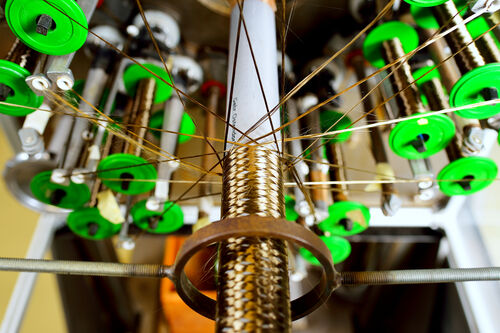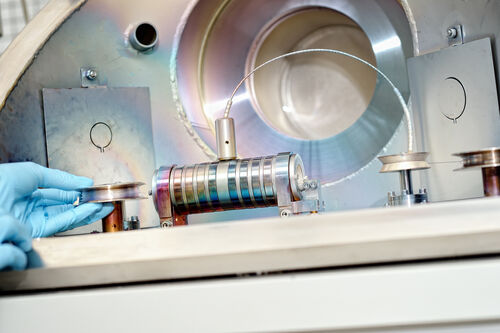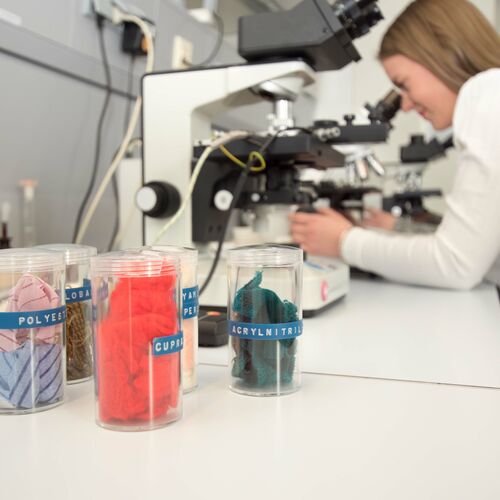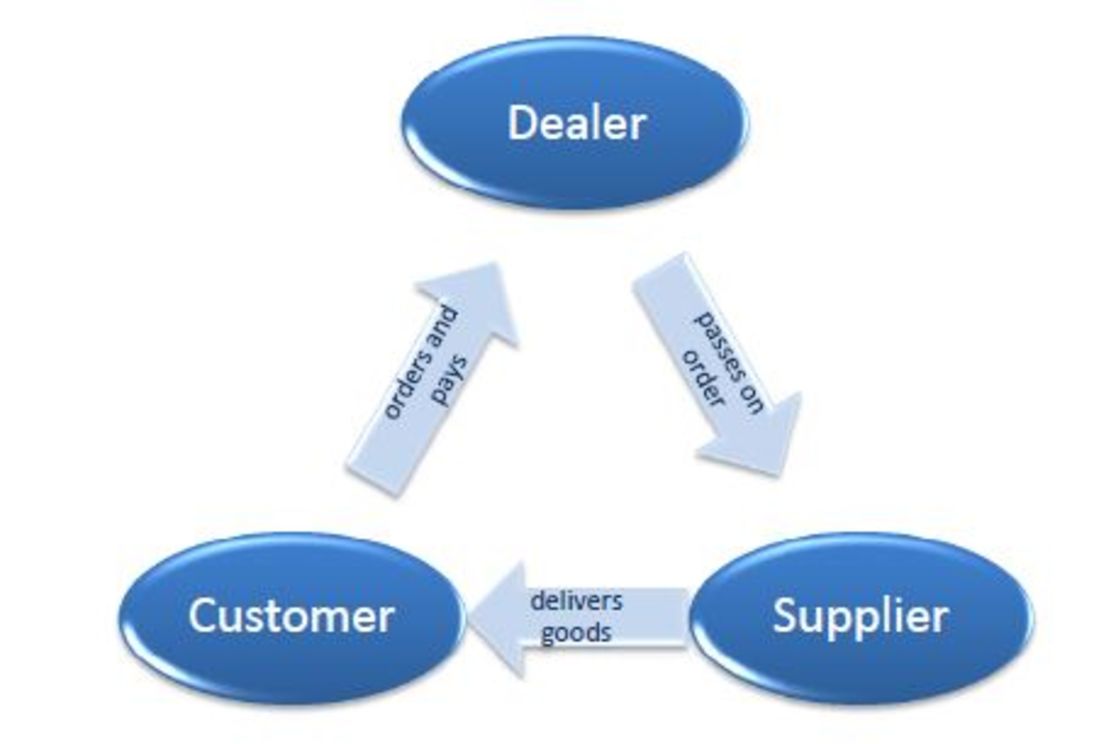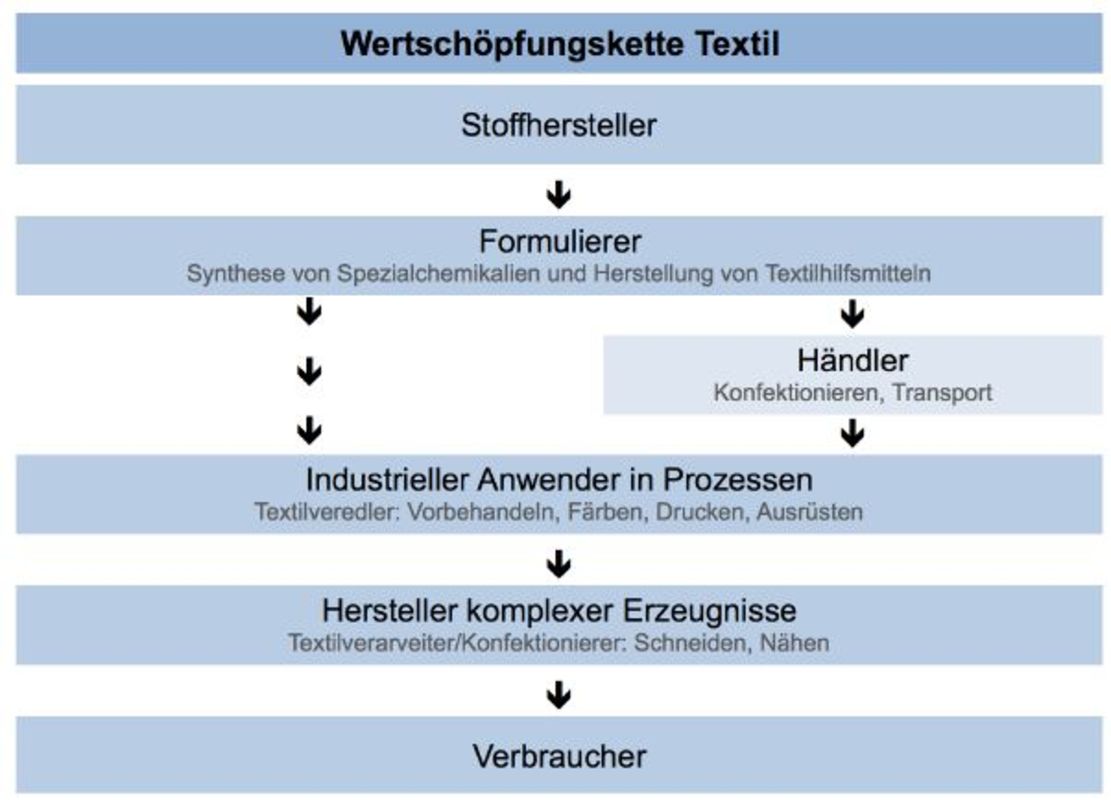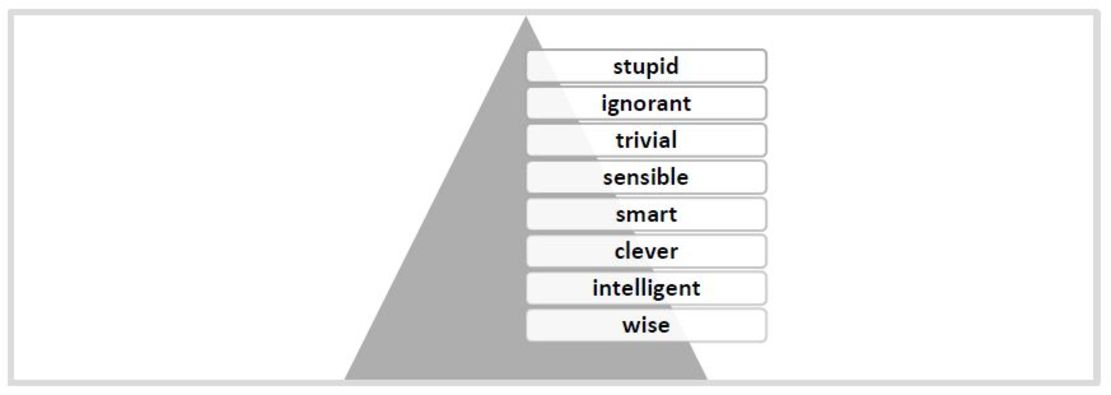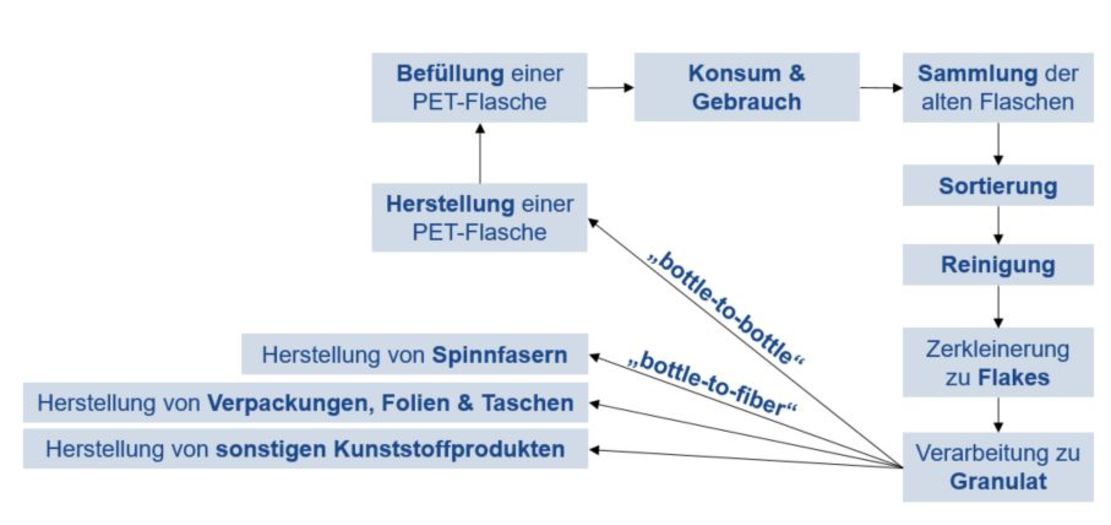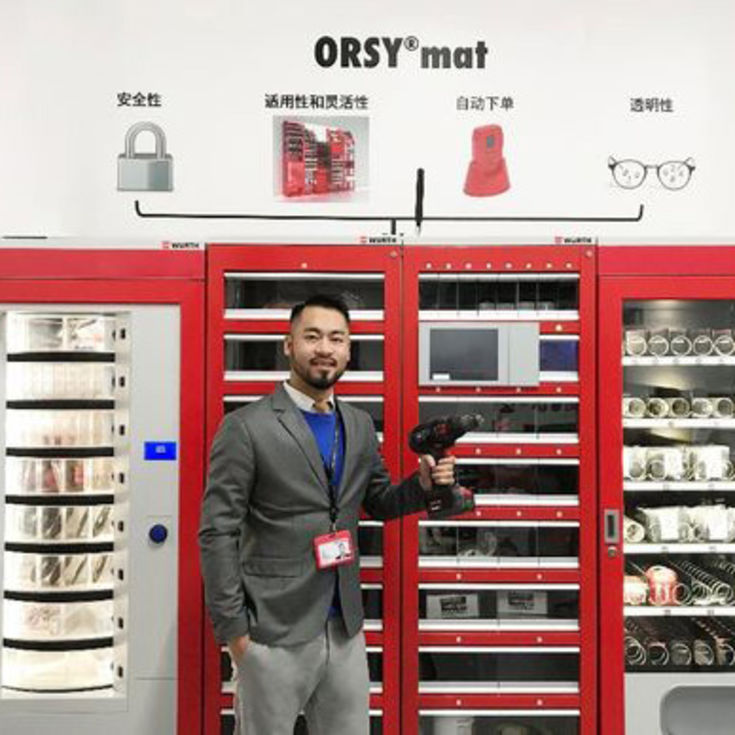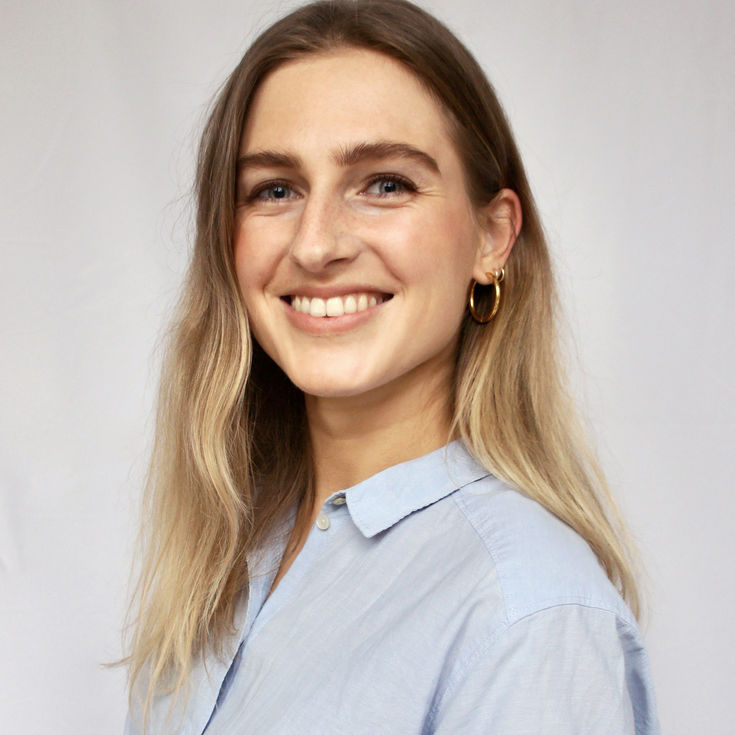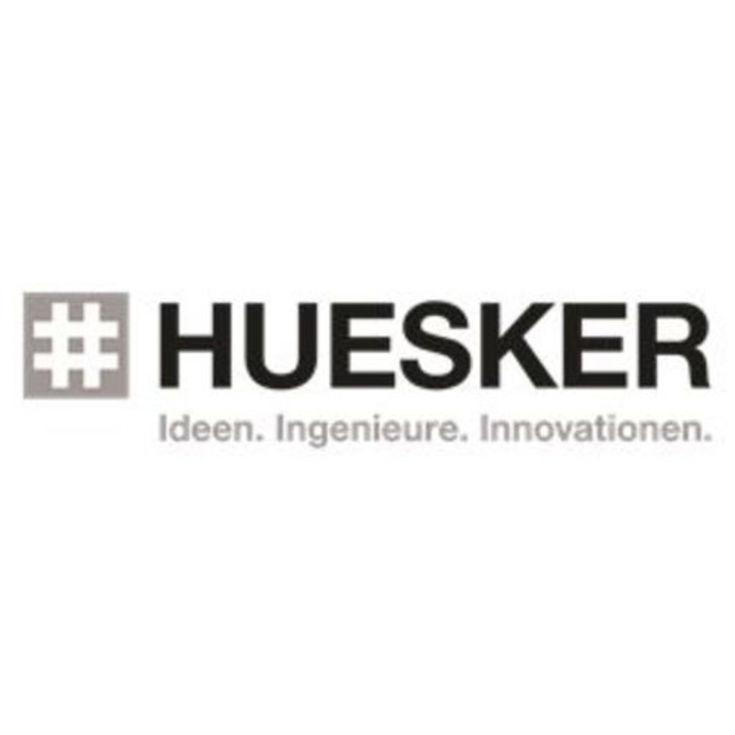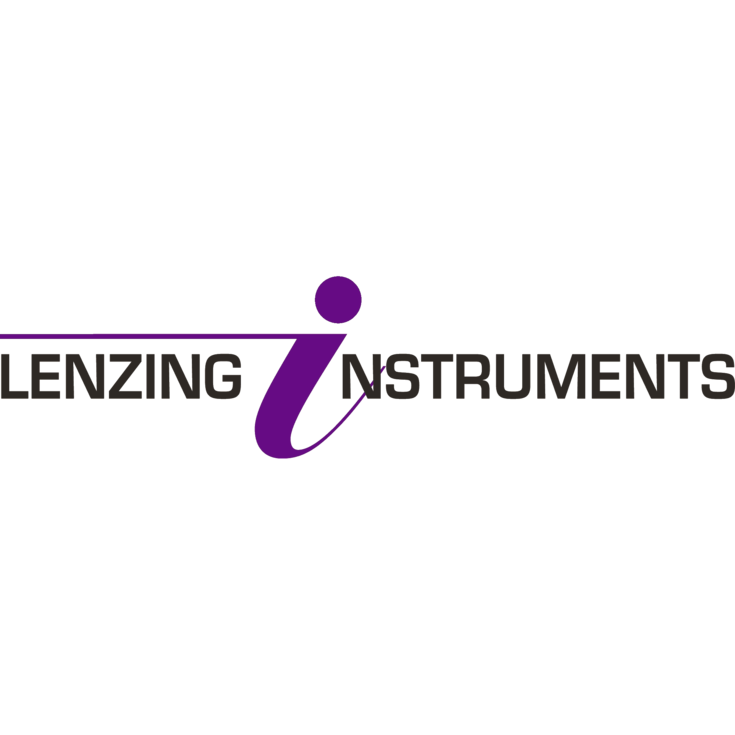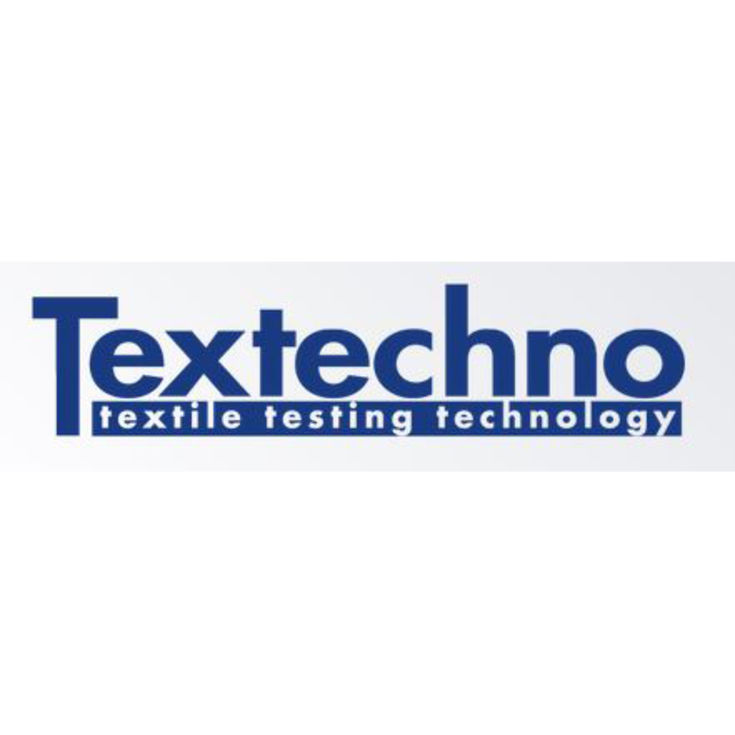The area of specialisation "Textile Management and Sustainability" trains you as a junior manager for the diverse business and technical tasks in the textile industry. The very practical emphasis / orientation of the range of subjects includes content on the organization and planning of a global industrial and commercial operation, material sciences as well as textile production and related quality analysis.
You will learn how to confidently apply management processes. These processes include corporate and employee management, process and factory planning as well as marketing and corporate controlling. Since the textile industry is characterized in particular by global production and distribution, it is important to us to train you also with all relevant aspects with regard to internationality. Especially logistics and also intercultural management play a role.
Environmental awareness and sustainability are and will become more and more important. It is not without reason that the Degree programme Textile Management and Sustainability bears the same topic in its title. Within this studies we therefore prepare you for a responsible handling of all your future tasks in your later professional life under consideration of sustainability and quality and environmental management.
In addition, the studies enable you to gain knowledge of the individual production processes of the textile chain. You will learn about the technologies within yarn and fabric production as well as finishing and functionalization of textile products. Likewise, you will learn how textile goods are then processed into final products using manufacturing and processing techniques in the ready-to-wear sector. An understanding of these individual processes is important in order to be able to assess business aspects in your later professional life.
We look forward to meeting you!



